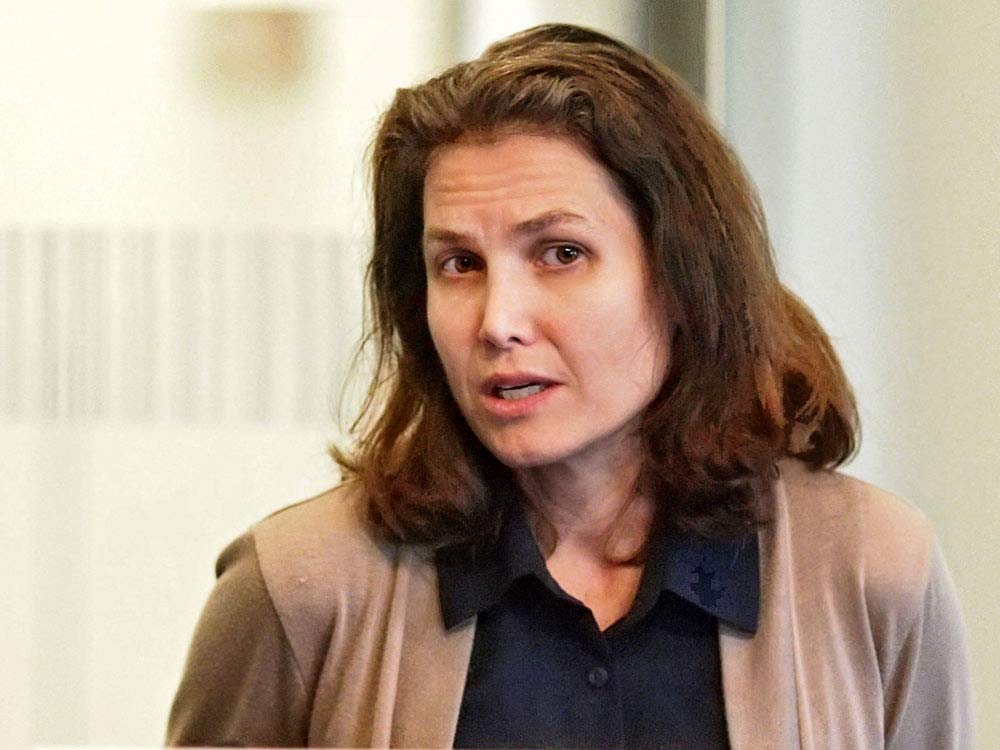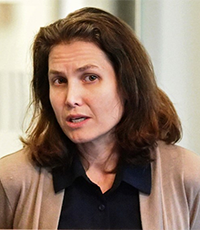News Details
Health Equity in a Time of Global Crisis

Authored by: Kristina García
Faculty & Research
04/01/20
We’ve all seen the graphs. Italy and Iran’s numbers are peaking; Taiwan’s is relatively flat. In the United States, a number of states and municipalities are urging people to stay home to flatten the curve and yet many people feel frustrated that they can’t do more. COVID-19 has made clear how interconnected we are across the world, and yet there is no strong global response to this emerging crisis.
“The solution is to have a much better system to understand and control emerging zoonotic diseases,” says Jennifer Prah Ruger, founder and director of the Health Equity and Policy Lab in the School of Social Policy & Practice. “This should be an awakening, a newfound awareness in the United States and across the globe. I think that we will recognize that investing in public health and public health systems and learning from prior public health outbreaks are worth significant investments in terms of global health equity.”
Health equity—systems and public policies that focus on the common good—are essential to all societies, says Prah Ruger. She advocates for a strong global response and centralized universal policy to manage global health.
Penn Today asked Prah Ruger to weigh in on global health equity, why it matters for everyone, where U.S. policy is succeeding and failing, and what we need to do going forward.
Read the full interview on Penn Today here.
People
-

Jennifer J. Prah, PhD, MSL, MSc, MA
Amartya Sen Professor of Health Equity, Economics, and Policy
Contact
office: 215.746.1330
fax: 215.573.2099
Email